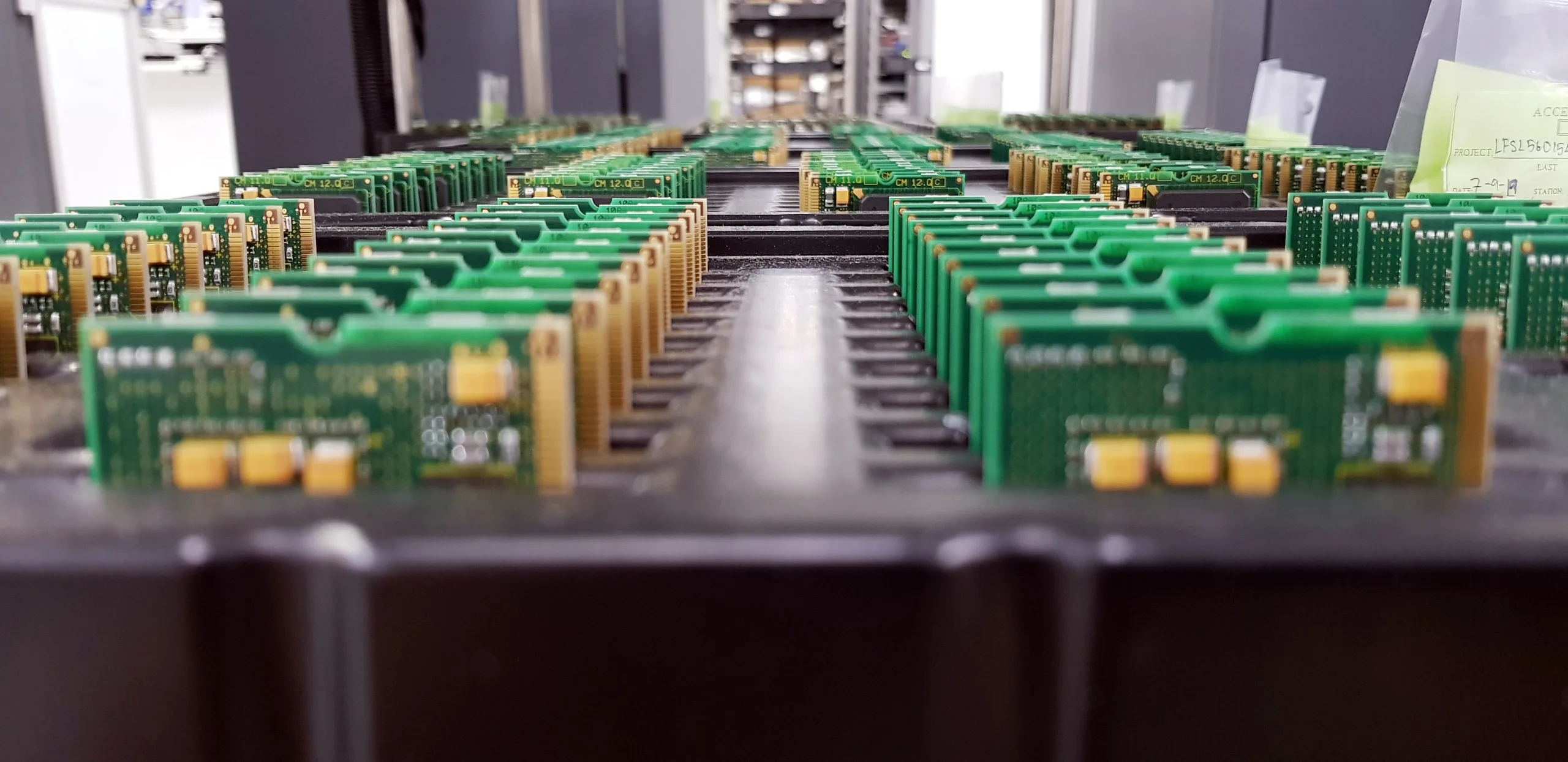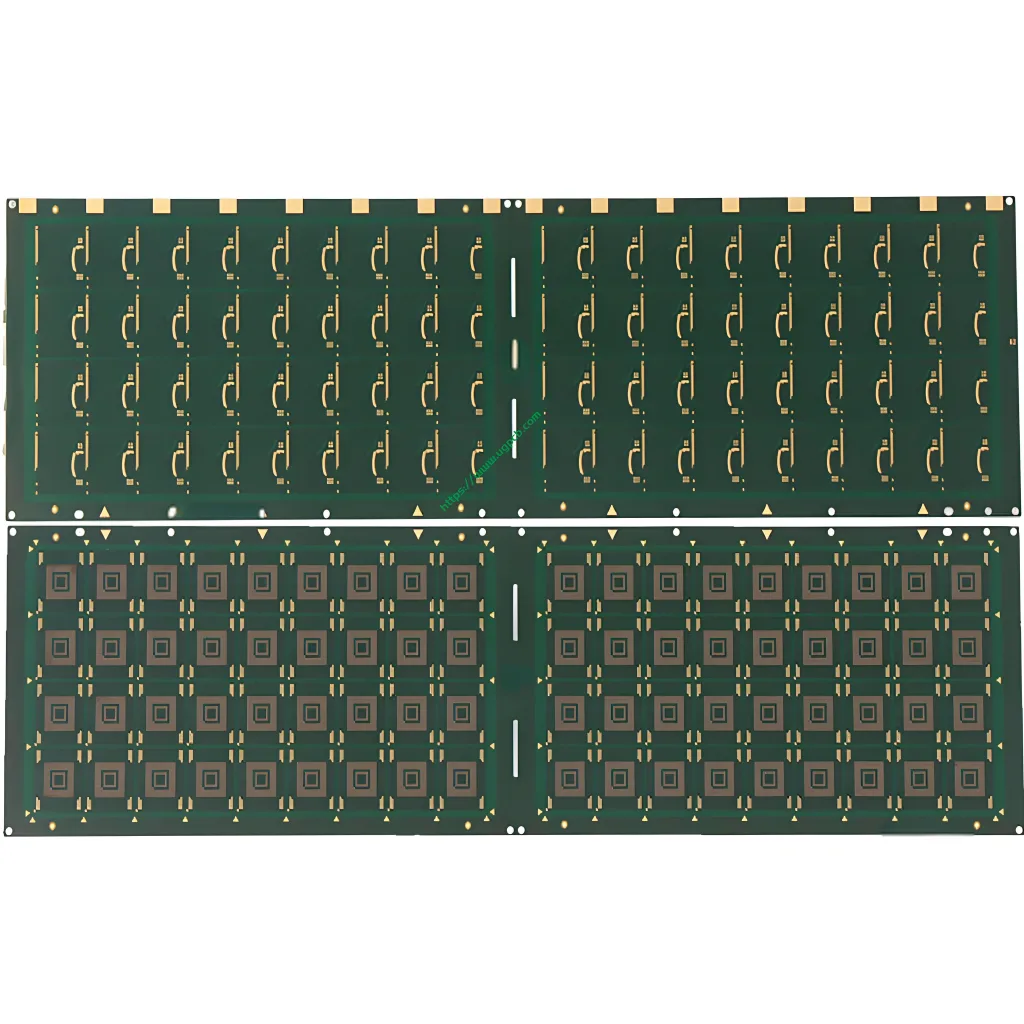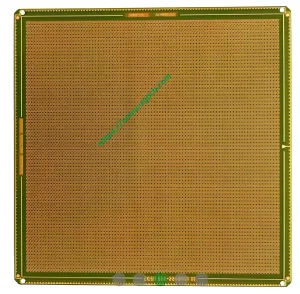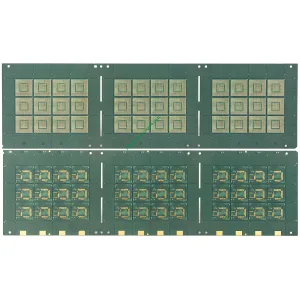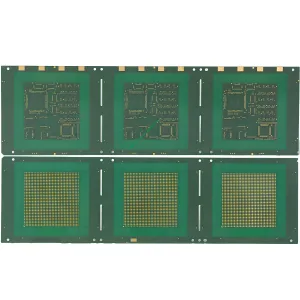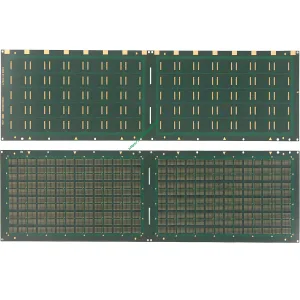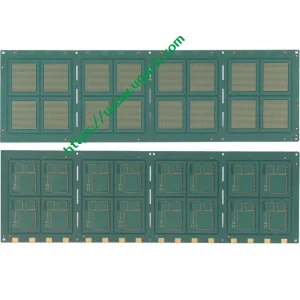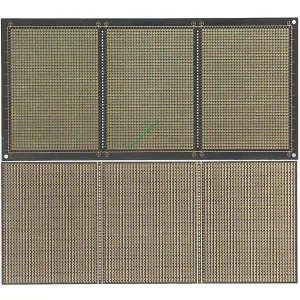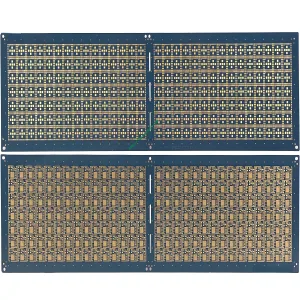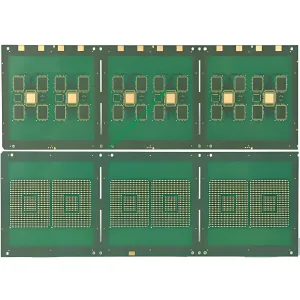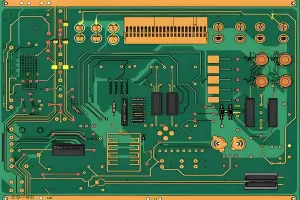EMMC 소개
EMMC (임베디드 멀티미디어 카드) MMC 협회가 설정 한 임베디드 메모리에 대한 표준 사양입니다., 주로 휴대 전화 제품을 대상으로합니다. EMMC의 명백한 이점은 패키지 내 컨트롤러 통합입니다., 표준 인터페이스를 제공하고 플래시 메모리 관리. 이를 통해 휴대폰 제조업체는 제품 개발의 다른 측면에 집중할 수 있습니다., 따라서 제품의 시장 시간을 단축시킵니다. 이러한 속성은 Photolithograph의 크기와 비용을 줄이기 위해 NAND 공급 업체에게도 중요합니다..
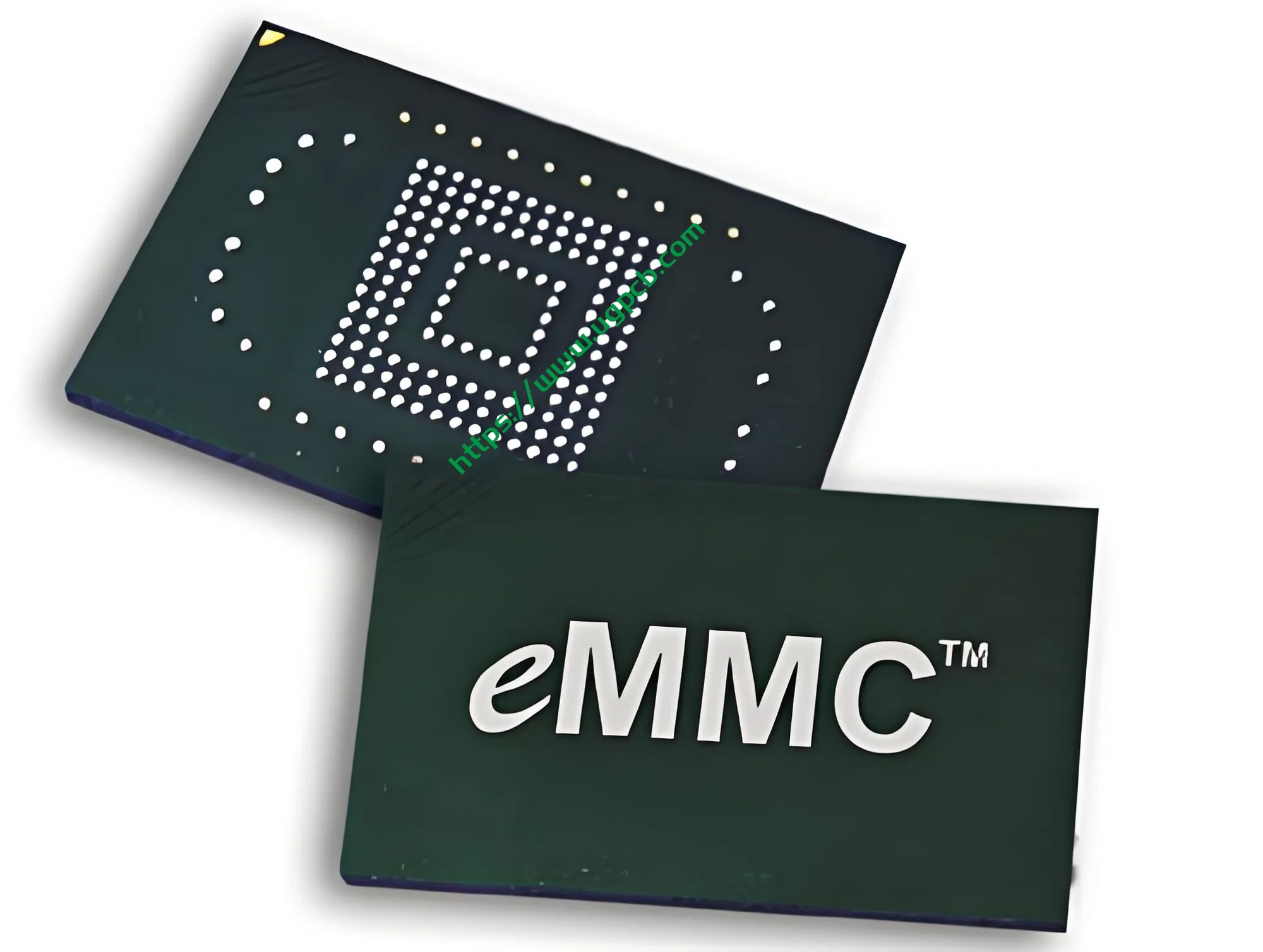
EMMC의 인기와 목적
EMMC는 현재 모바일 장치를위한 가장 널리 퍼진 로컬 스토리지 솔루션입니다.. 주요 목표는 휴대폰 메모리의 디자인을 단순화하는 것입니다.. 다양한 NAND 플래시 칩 브랜드로 인해, 삼성과 같은, Kingmax, 토시바, Hynix, 그리고 미크론, 각 회사의 제품에 따라 재 설계되며 기술적 특성이 필요합니다.. 이전에, 브랜드 전체의 모든 NAND 플래시 칩에 대한 기술이 없음.
EMMC에 대한 NAND 플래시 기술의 진화 및 영향
NAND 플래시 프로세스 기술이 발전함에 따라, ~에서 70 나노 미터 50 나노 미터, 그리고 더 나아가 40 그리고 30 나노 미터, 휴대폰 고객은 제품을 재 설계해야합니다. 반도체 제품은 연간 프로세스 기술 업데이트를 겪습니다, 종종 메모리 문제가 수반됩니다, 새로운 휴대폰 모델의 출시 속도를 늦추고 있습니다. 따라서, EMMC의 개념, 모든 메모리와 NAND 플래시 관리 제어 칩을 하나의 MCP로 통합합니다., 인기를 얻었습니다.
EMMC의 디자인 개념 및 이점
EMMC의 설계 철학은 휴대 전화에서 내부 메모리의 활용을 단순화하는 것을 중심으로 진행됩니다.. NAND 플래시 칩 및 제어 칩을 단일 MCP에 통합하여, 휴대 전화 고객은 EMMC 칩을 구매하여 새로운 휴대폰에 통합 할 수 있습니다., 복잡한 NAND 플래시 호환성 및 관리 문제를 우회합니다. 주요 장점은 마켓 단축에 있습니다, 신제품의 연구 개발 비용 감소, 제품 혁신 속도가 가속화했습니다.
EMMC로 플래시 메모리 관리
플래시 메모리의 제조 공정 및 기술이 빠르게 진화하고 있습니다.. 특히 TLC 기술 및 제조 공정이 20nm 단계에 도달 한 후, 플래시 관리는 중요한 도전이됩니다. EMMC 제품으로, 주요 칩 제조업체와 고객은 플래시의 내부 생산 및 제품 변경에 관심을 가질 필요가 없습니다.. 플래시 메모리 관리는 EMMC의 표준 인터페이스를 통해 처리됩니다., 제품 개발 난이도를 크게 줄이고 시장 시간을 가속화합니다.
EMMC의 포괄적 인 관리 기능
EMMC는 MLC 및 TLC의 관리를 효율적으로 해결합니다, ECC 디버깅 메커니즘 (오류 수정 코드), 블록 관리, 마모 레벨링 스토리지 블록 기술, 명령 관리, 저전력 관리.
EMMC의 핵심 장점
EMMC의 기본 이점은 제조업체가 NAND 플래시 칩을 관리하는 데 상당한 시간을 절약 할 수 있다는 것입니다.. 그들은 NAND 플래시 칩 프로세스 기술 및 제품 업그레이드의 진화에 대해 걱정할 필요가 없습니다., 어떤 NAND 플래시 칩이 사용되는지 고려할 필요도 없습니다.. 이런 식으로, EMMC는 제품을 가속화합니다’ 마켓 시간, 제품 안정성과 일관성을 보장합니다.
 UGPCB 로고
UGPCB 로고
